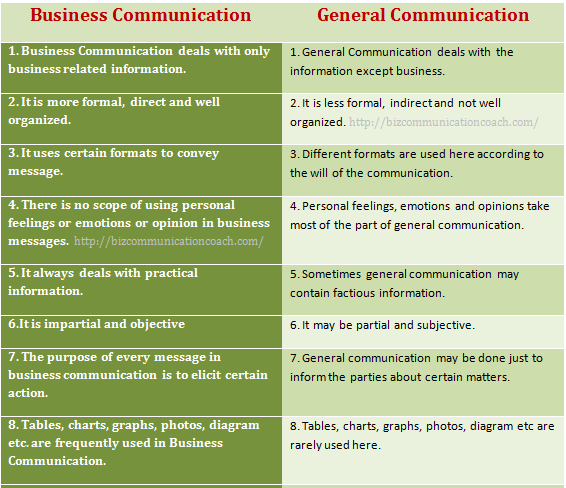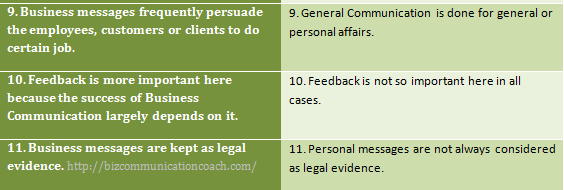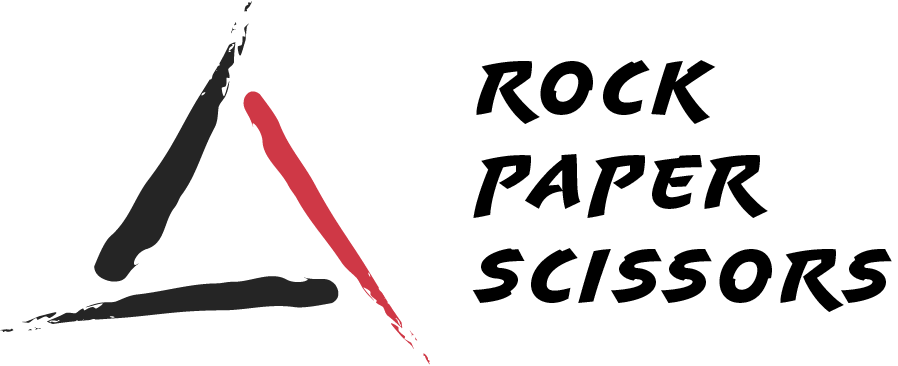The ideal interaction is when we can put our way of communication in any different environment. When we think we are great communicator in a social environment, we still need to adapt when doing professional interaction, cause professionals interactions don’t always follow the same rules. Professional interaction is usually used in a workplace or business environment. We need to be ultra-careful with our interaction, because in this environment, the communication can have a serious consequence. Failing to communicate properly can cost you a job opportunities. Here we summarized the points of how to communicate in a business environment:
Formalities
We are naturally fluent in everyday life conversations, we talk with our partners, friends, and family using unstructured words or phrases, but when it comes to working, it is far more formal than social communication. We need to improve the way we interact, we need to make it sounds more professionals, using polite terms like “sir or ma’am” as well as common sense like “please” and “thank you” are absolutely necessary. Avoid the slang words or you will sound unprofessional and less confident in the thoughts that you are expressing.
Speed
There are no strict rules in a social environment on how and when you need to response the message or phone call from your friend or family. In business communication needs much faster than a social one. When you are delaying your communication, perhaps your friend can think that you are busy or not interested, but in a business environment you can’t make your boss or client wait for your reply, it could be misconstructed as professional apathy or disrespect.
Hierarchy
Hierarchy is important in business communication, if you have a problem or issue at work, always attempt to address it with the lowest-ranking person first and work your way up. Higher-ups often don’t want to be bothered with problems that can be solved at a lower level.
Polish
We can send a message or email to our pal at will, we don’t need to pay attention to grammar, or how the structure should be and other details. But in business communication failure to pay attention to these details may be viewed as sloppy and can cause a bad impression. Always read over works that you are presenting to others, from complex reports to simple emails.


Make sure you are expressing what’s in your head at the right place and in the right way. Improve your communication so you can be a great influencer on business environment.
The Importance of Good Communication in Business
Communication plays a fundamental role in all facets of business. In a business environment, business communication is used to sharing information between people within and outside the organization. It can cover subjects like advertising, external relations, branding, event management, marketing, and any other topic related to the organizational structure of the company.
Even though business communication can be considered as a common language for any company, regardless of its area of expertise, business communication has improved a lot in the past few decades. Now we can identify a series of business communication types that are suitable for different circumstances.
Depending on every particular enterprise, they come with different styles of delivering the information. The most common type of business communication is verbal, written, online communication (through electronic). Verbal business communication methods are the oldest but still remains popular, because of its simplicity and its direct interaction between the participants.
While written communication is considered to be more concise and more explanatory, it is used for any legal situation, like formal notices and labor contracts. An effective message means nothing if it’s not delivered in time. That’s why, many enterprises switch to business communication online, because of its accuracy and processing speed.
“An effective message means nothing if it’s not delivered in time” — DR. JOHN LUND
Talking about the effectiveness of business communication, Dr. John Lund, an educator, a popular speaker and author of many books shared that most men and women in business want to know three things before they are willing to enter into a conversation with you:
1. Is what you want to talk about going to be painful?
2. How long is it going to take?
3. When you are done talking, what do you want from me?
He also shared some amazing tips on how to understand better when we interpret communication from others. He revealed some very interesting statistics on this topic. He said that when someone else communicates with us, the way we interpret their message is based on the following three things:
- 55% is based on their facial expressions and their body language.
- 37% is based on the tone of their voice.
- 8% is based on the words they say.
Success in business is greatly impacted (for better or worse) by the way we communicate. Poor communication can lead to lack of team cohesion, unclear messaging, wasted time and resources, damaged relationships, low employee morale, higher turnover rates, lost revenue and even injury or death. Without a proper interaction between the team, a whole business strategy might get ruined, it also can lead to higher operating costs, a lack of innovation, and low employee satisfaction.
The Cost of Poor Communication
According to the article that posted by Society for Human Resource Management, it reported by David Grossman in “The Cost of Poor Communications” that a survey of 400 companies with 100,000 employees each cited an average loss per company of $62.4 million per year because of inadequate communication to and between employees. Debra Hamilton asserted, in her article “Top Ten Email Blunders that Cost Companies Money,” showed that miscommunication in the workplace leads to revenue losses of roughly $420,000 every year for small businesses.
This issue has become a common challenge for Human Resource Department. Now, their main tasks are workforce management. This function includes crafting a recruitment strategy, interviewing, welcoming a new talent aboard, and then training and managing that new talent. Recruiting, selecting, and retaining talent require effective communication.
Business communication, why it’s important?
Expectations Will Be Clear
Good business communication makes it easy for your employees to know exactly what you need them to do, preventing crossed wires that lead to low morale and missed deadlines.
Client Satisfaction Will Rise
Business communication doesn’t just benefit your office’s workflow. It can also directly influence your customer satisfaction. Good communication with clients means keeping them informed of a project’s progress, results, and staying on hand to answer any questions that come up.
Relationships With Vendors Will Improve
If you can prove to them you’re a company that’s on the ball and easy to work with, then you’ll notice them giving you extra attention.
Lastly, Dr. Lund’s advice on how better communicate with others was simple and easy to follow, yet powerful, he said:
“Don’t communicate to be understood; rather, communicate so as not to be misunderstood.”
Having good business communication with the exterior partners will grant you a fruitful partnership and a better collaboration.
Rock Paper Scissors is the missing link between business and technical world. We translates business language into technical, and technical limitation into business constraints. We guide organization and individuals alike to create their own digital product and navigates all the complexity of product creation process. Find out more.
